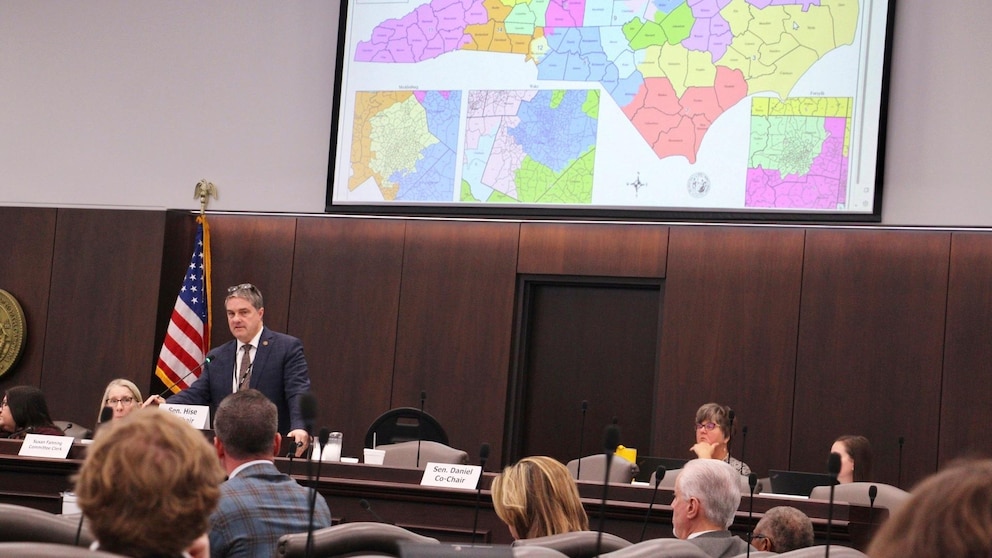Lawsuit Alleges Racial Bias in North Carolina’s 2024 Election Maps, Advocates Claim
In a recent development, a lawsuit has been filed in North Carolina, alleging racial bias in the state’s 2024 election maps. Advocates claim that these maps are designed to dilute the voting power of minority communities and maintain the political advantage of certain groups. The lawsuit raises important questions about the fairness and equity of the electoral process, and its outcome could have significant implications for future elections in the state.
The lawsuit, filed by a coalition of civil rights groups and individual voters, argues that the redistricting plan adopted by North Carolina’s Republican-controlled legislature intentionally discriminates against African American and Hispanic voters. The plaintiffs claim that the new maps concentrate minority voters into a few districts, effectively limiting their influence in other areas. This practice, known as “packing and cracking,” has been criticized for undermining the principle of “one person, one vote.”
Advocates argue that the alleged racial bias in the election maps is a continuation of a long history of discriminatory practices in North Carolina’s electoral system. They point to previous court rulings that found the state’s redistricting plans to be unconstitutional due to racial gerrymandering. These cases have highlighted the need for fair representation and equal opportunity for all citizens, regardless of their race or ethnicity.
The lawsuit also raises concerns about the potential impact on political representation. By concentrating minority voters into a few districts, critics argue that their voices are effectively silenced in other areas. This not only undermines the democratic process but also perpetuates systemic inequalities by limiting the ability of minority communities to elect candidates who can advocate for their specific needs and concerns.
Furthermore, advocates claim that the alleged racial bias in North Carolina’s election maps is part of a broader trend across the United States. They argue that gerrymandering, particularly along racial lines, has become a common strategy used by political parties to maintain power and influence. This practice undermines the democratic principles of fair representation and equal opportunity for all citizens.
The outcome of this lawsuit could have significant implications for future elections in North Carolina and beyond. If the court rules in favor of the plaintiffs, it could lead to the redrawing of the state’s election maps to ensure fair representation for all communities. This would be a crucial step towards addressing the historical and ongoing racial disparities in the electoral system.
However, it is important to note that the lawsuit is still pending, and the court’s decision remains uncertain. Both sides will present their arguments, and the court will evaluate the evidence before reaching a conclusion. The case highlights the importance of an independent judiciary in ensuring a fair and equitable electoral process.
In conclusion, the lawsuit alleging racial bias in North Carolina’s 2024 election maps raises important questions about the fairness and equity of the state’s electoral system. Advocates claim that these maps intentionally discriminate against minority voters, limiting their political influence and perpetuating systemic inequalities. The outcome of this lawsuit could have significant implications for future elections, not only in North Carolina but also across the United States. It underscores the need for a fair and equitable electoral process that upholds the principles of democracy and equal representation for all citizens.



